
March 14, 2025
The Tater Factor
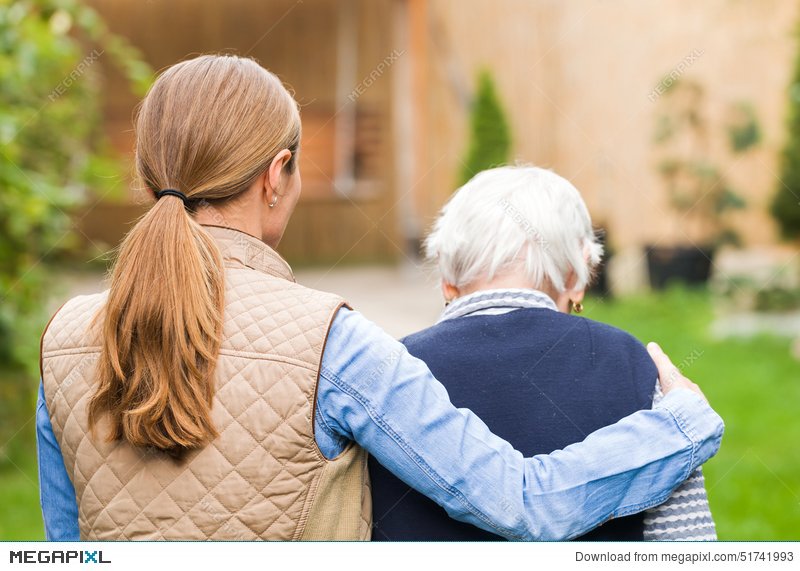
Respect for my elders is one of the earliest traits inculcated in me by my parents. It was hard to remember how young I was when I started practicing kissing the hands of my grandparents before every interaction I had with them. It was not only a sign of respect but of reverence for the position they hold in my family tree. They symbolize wisdom, which is the way to the right path in LIFE. Their words were regarded as covenant, all-binding, powerful, and indisputable. My parents fully embraced the responsibility of taking care of my grandparents because that was the noble thing to do and it also meant getting good karma back in their own old age. Witnessing what my parents did for my grandparents sealed a strong belief of “family first” within me. Growing up in a 3rd World country amidst material poverty and “lack thereof”, I felt fortunate coming out with a wealth of strong principles and values that serve as my template in finding contentment and gratitude in life.
This month, we celebrate World Elder Abuse Awareness Day. Statistics show that 1 in every 10 Americans suffer from elder abuse. This goes to show that it is a common problem in our present-day society. Elder abuse is one of the many issues that we should all strive to solve through social awareness and education.
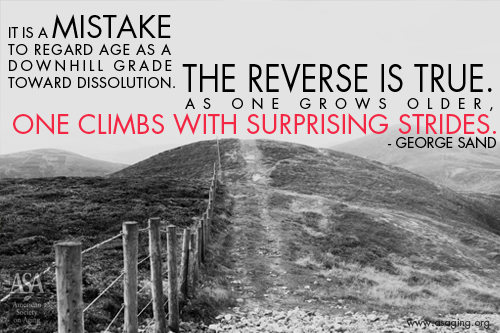
The Older Americans Act and the Elder Justice Act were passed and enacted by the federal government in 1965 and 2010 respectively, to provide comprehensive adult services and to focus on the prevention of elder abuse.
WHAT IS ELDER ABUSE?
Elder abuse can be defined as any intentional or negligent act by a caregiver or any other person that causes harm to a vulnerable adult. Abuse tends to be more prominent among women, older adults with dementia or Alzheimer’s disease, mental illness, substance abuse problems, or people with a failing physical state. Studies have shown that the likelihood of abuse tends to increase with age.
TYPES OF ABUSE & ASSOCIATED SIGNS/SYMPTOMS
Physical Abuse
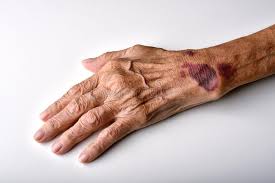
Sexual Abuse
Emotional and Psychological Abuse
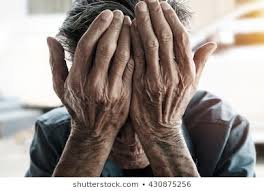
Financial Exploitation
Neglect
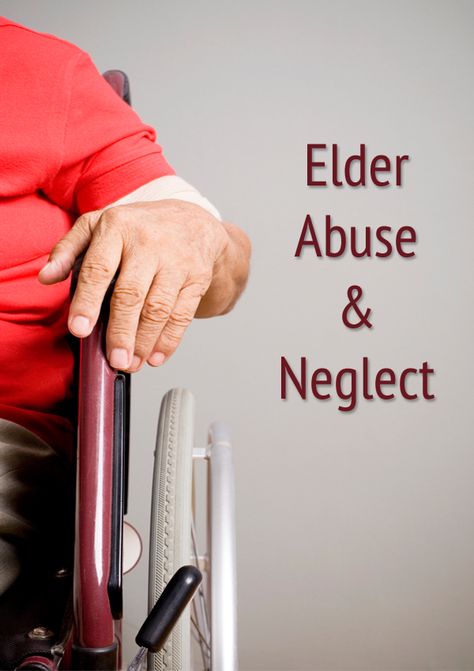
Abandonment
There are many forms of abuse and it is not unusual for the different types to manifest simultaneously. Under-reporting is a common problem due to several reasons, which include but not limited to insufficient funding, vague policies, and the lack of research, education, and training among mandated reporters. There is also the sociological aspect that pertains to fear of jeopardizing the caretaker and care recipient relationship and fear of the consequences involved. Being able to identify the causes leading to under-reporting will help our policy makers and caregivers (family members and/or professional caregivers) set a change that will safeguard the rights of the elderly.
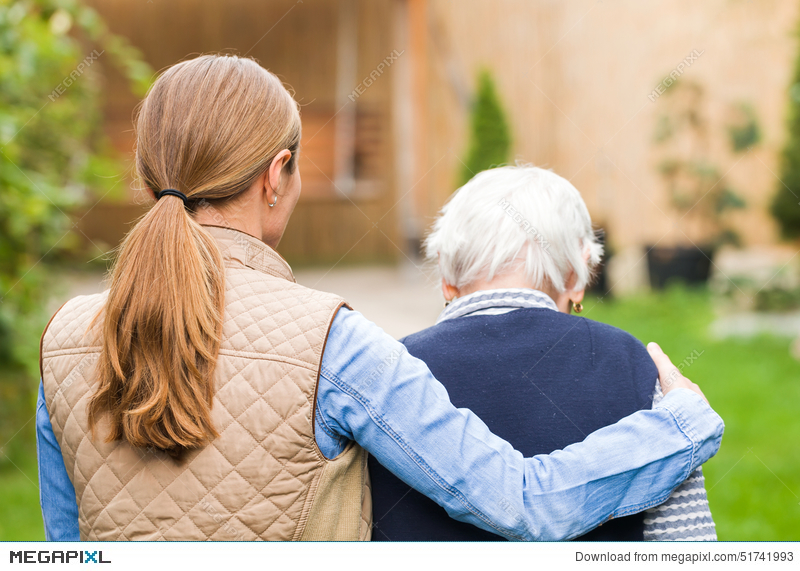
Playing the role of a caregiver is not an easy task because there are so many challenges that come into play. Our company provides an excellent resource for in-home care for people who live on their own or with their family members. Access to such services help alleviate stress which is a major contributing factor to elder abuse.

As we celebrate World Elder Abuse Awareness Day, Angels Heart Home Care Services pledges our full support in protecting elderly rights by eliminating the many challenges involved in caregiving both for the provider and the recipient of care. We recognize the importance of meeting one’s physiological, safety/security, love/belonging, and self-esteem needs in order to attain self-actualization or ultimate fulfillment. Guided by this simple creed, our vision is to be able to lead the way and help people reach the highest quality of life that is uniquely possible for them!
Reference: